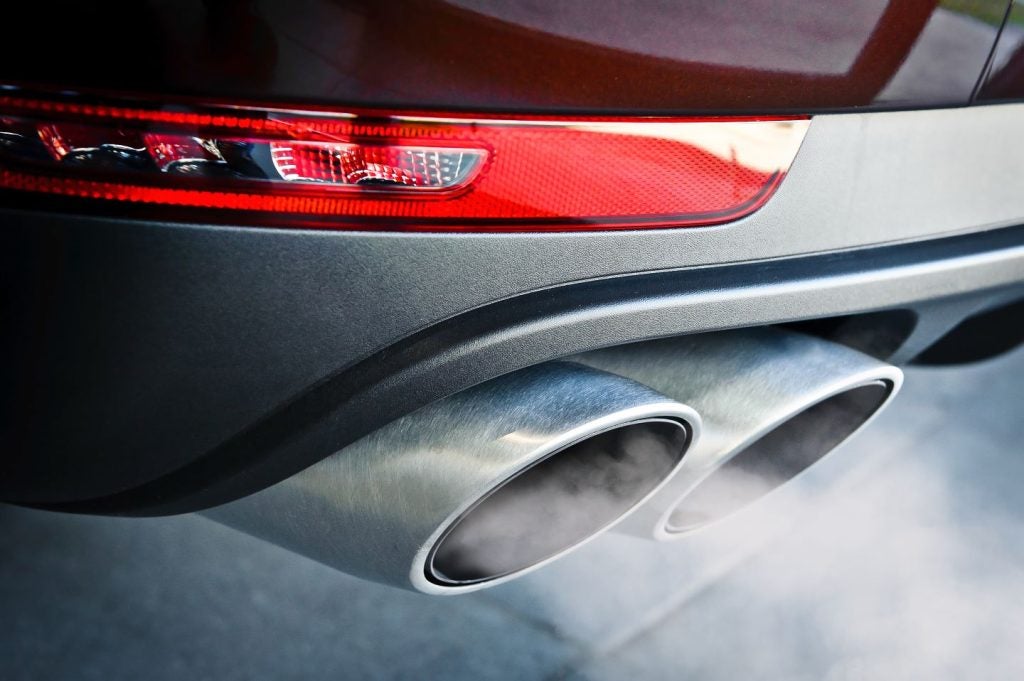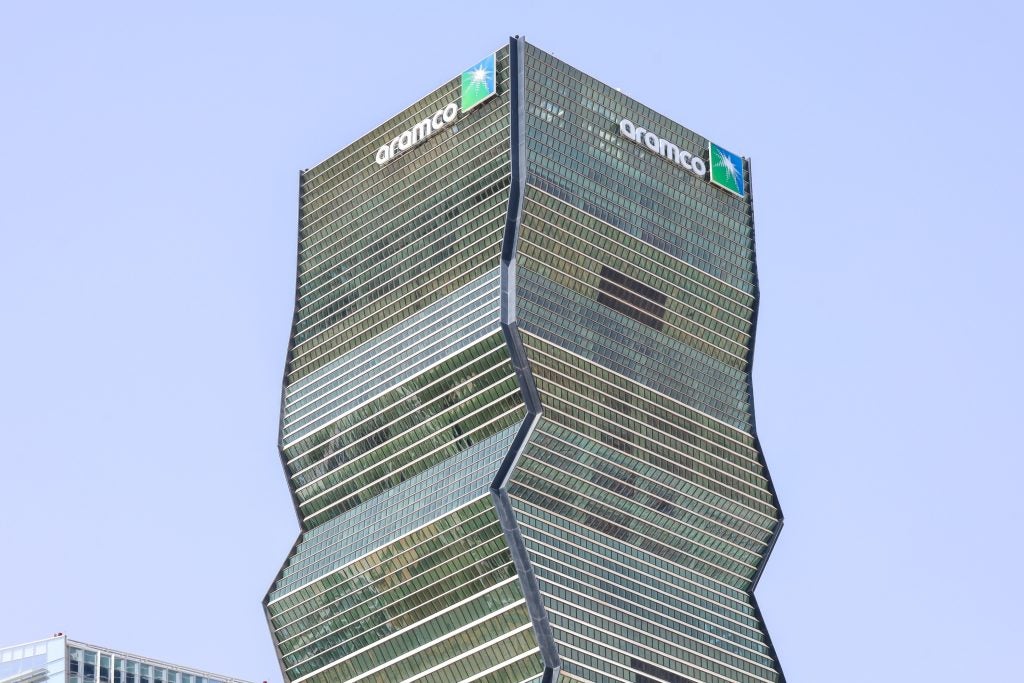
Rebel Wilson is a star known for her roles in Pitch Perfect, Bridesmaids, and How To Be Single. But she’s also going to be a legendary figure in Australian legal history too.
The actress won a damages payout of $650,000 in general and aggravated damages, plus an additional $3.9 million in special damages for screen roles lost.
This was after an Australian magazine, Women’s Day, wrongly accused Wilson of lying about her real name, background and even age.
Wilson has pledged not to keep any of the money, but media companies are trying to ensure she receives less.
News Corp Australia, Fairfax Media, Macquarie Media, the ABC and the Seven and Nine networks have joined forces to contest the damages payout.
The rare team-up plans to contest the damages payout. Their argument is that there is a statutory cap of $389,500 in Australia for general damages. Because Wilson received a substantially higher sum, other plaintiffs may seek even higher payouts.
How well do you really know your competitors?
Access the most comprehensive Company Profiles on the market, powered by GlobalData. Save hours of research. Gain competitive edge.

Thank you!
Your download email will arrive shortly
Not ready to buy yet? Download a free sample
We are confident about the unique quality of our Company Profiles. However, we want you to make the most beneficial decision for your business, so we offer a free sample that you can download by submitting the below form
By GlobalDataThis, they argue, would lead to spiralling legal costs and represent an assault on freedom of speech.
What are the defendants saying?
Justin Quill from Macpherson Kelley, the lawyer representing the joint media group told the Guardian newspaper:
“The media parties seeking to intervene in the case are seeking a ruling that the damages cap – currently at $389,500 – applies to any award of general damages even if aggravated damages are awarded separately.
“Media organisations regularly join forces on matters of extreme public importance. An example of that would be when they band together to fight suppression orders, which regularly happens. But it is rare for media companies to come together in a defamation action.”
However, Wilson herself lashed out at the legal action via Twitter:
Exactly. The press don’t have ‘free speech’ to maliciously defame people and hurt their livelihood. They can print whatever truths they want to for FREE. Their appeal is a ridiculous waste of time and abuse of media’s power, spun by a lawyer. I won 40-0 on a jury verdict x
— Rebel Wilson (@RebelWilson) February 26, 2018
And why would any reputable journalist or media company want to team up with dodgy tabloids @bauermedia who were proven guilty of malicious defamation?? Soooooo strange x
— Rebel Wilson (@RebelWilson) February 26, 2018
Exactly, we want real news, that’s truthful and accurate x it’s odd for anyone to argue otherwise x
— Rebel Wilson (@RebelWilson) February 26, 2018
Exactly! ABC has nothing to do with the case and @bauermedia are owned by German billionaires who can more than afford the fight x
— Rebel Wilson (@RebelWilson) February 26, 2018
Why it matters:
This case definitely has the potential to create legal history in Australia. If it succeeds, it will ensure the cap on damages payouts continues. The media companies will also protect themselves against having to payout any extra costs in future cases.
On the other hand, if the judge rejects this appeal it will set a precedent, allowing Australians to seek higher damages payments than ever before.
More importantly, the case also blurs the lines between local and global media in libel cases.
One of Woman’s Day‘s defences was that it was an Australian publication and that by those in Hollywood wouldn’t read it. However, the judge struck down this suggestion due to the online publication of the accusations. Either way this new case goes could have major implications for the types of stories regional media outlets feel able to publish.
In his initial judgement, Justice Dixon in the Victorian supreme court wrote:
“The jury found each of the articles was defamatory, and rejected the defendants’ triviality defences. The sting was serious, likely to be injurious and understood as such by the defendants prior to publication.
“I do not accept that the articles were published for a local Australian audience. The internet cannot be so classified.”







